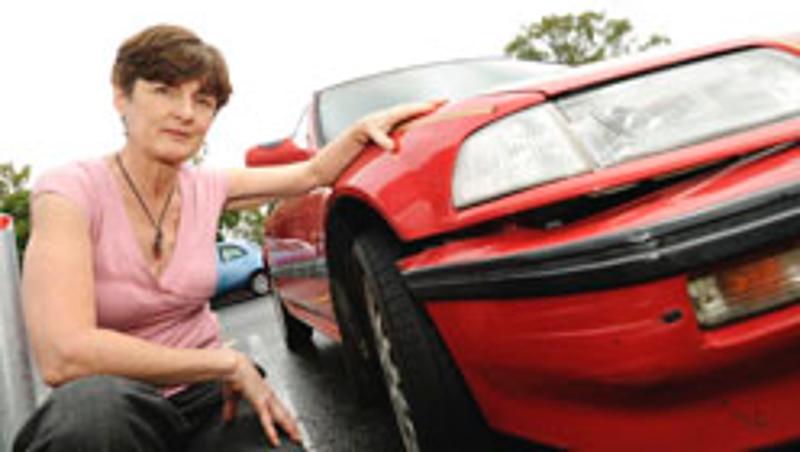
Deliberate tailgating, rude gestures at another driver or unwarranted blasting of the horn are aggressive driver behaviours that can potentially increase the risks on our roads, according Queensland University of Technology's (QUT) Dr Alexia Lennon.
In a bid to better understand driver aggression, its causes and how it can be prevented, researchers from QUT's Centre for Accident Research and Road Safety - Queensland (CARRS-Q) will investigate what triggers drivers to react aggressively when behind the wheel.
The $285,000 three-year study, funded by an Australian Research Council Discovery grant, will look at how drivers respond to everyday driving conditions, including scenarios which often cause frustration on the roads.
Dr Lennon said the problem of driver aggression was sometimes overshadowed by the issue of "road rage".
"While violent behaviour such as assaulting another driver is at the extreme end of the aggressive driving scale, it is important to realise that violent behaviours are very rare", she said.
"Other forms of driver aggression are much more common and much more likely to be something ordinary, everyday drivers do. And while these can be dangerous or risky, they are not violent.
"Driver aggression is often a response to anger or irritation at another road user."
Dr Lennon said the study would particularly focus on escalation of driver aggression.
"We want to understand how something as apparently 'mild' as insulting another driver can lead to a cycle of aggression, where drivers interact more and more aggressively and take greater risks.
"We want to know what is it that leads a driver to react aggressively."
Dr Lennon described aggressive driving as a "significant problem" with research showing about 75 per cent of drivers admitted to being aggressive on the road or to being on the receiving end of aggressive driving.
"International research has suggested that driver aggression is linked to greater crash risk," she said
"While in Australia we have yet to demonstrate this, we do know that aggressive driving is a major cause of rear-end crashes and the injury and damage that results from these is costly.
"So we expect the outcomes of this study will have a significant impact on reducing property damage as well as reducing injuries and fatalities."
The project will include drivers keeping a diary of their experiences on the road and gauging driver responses to different driving scenarios both through an online survey and using CARRS-Q's new advanced driver simulator.
CARRS-Q is a member of QUT's Institute of Health and Biomedical Innovation.
Media contact:
Niki Widdowson, QUT Media Officer, 07 3138 1841 or n.widdowson@qut.edu.au
Sandra Hutchinson, QUT Media Officer (Tue/Wed), 07 3138 2999 or s3.hutchinson@qut.edu.au


